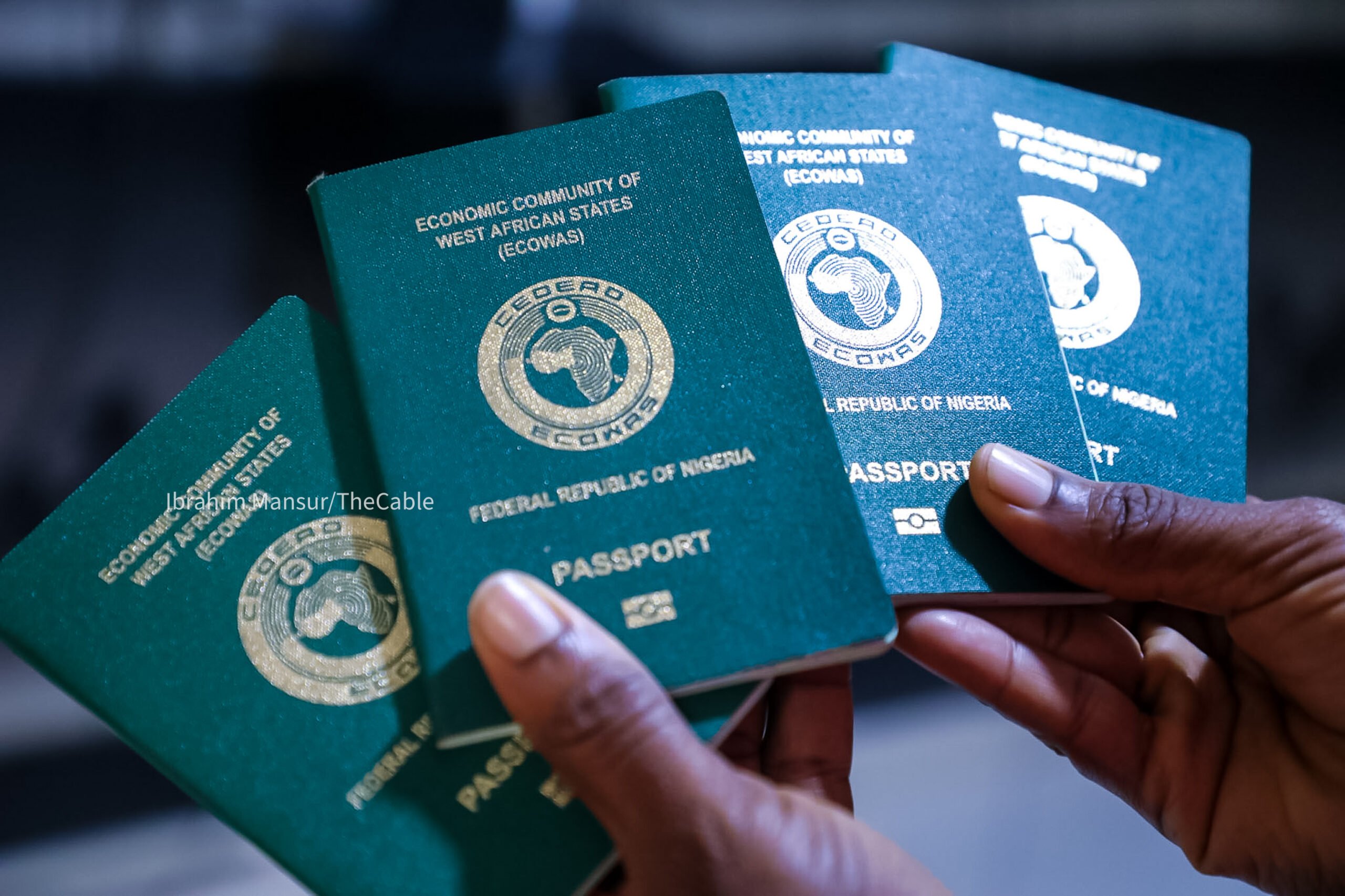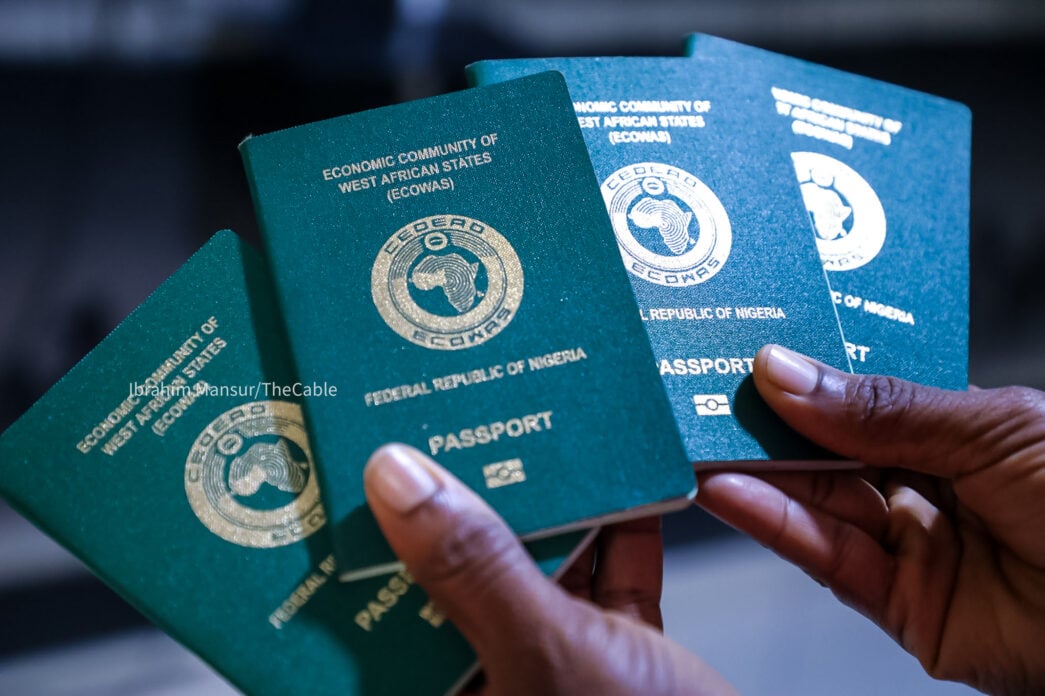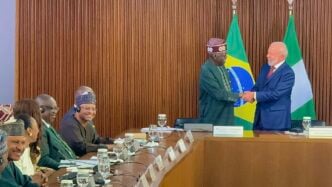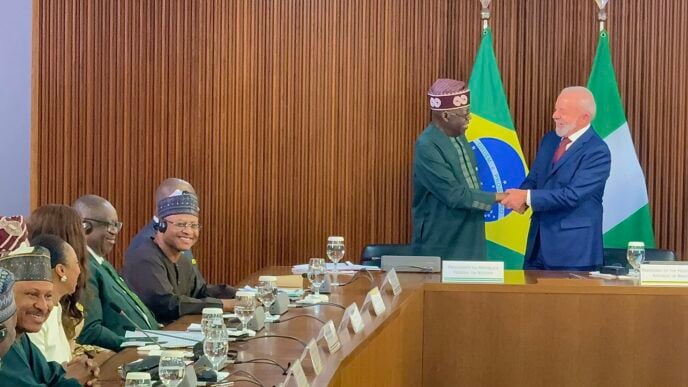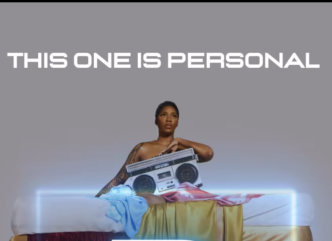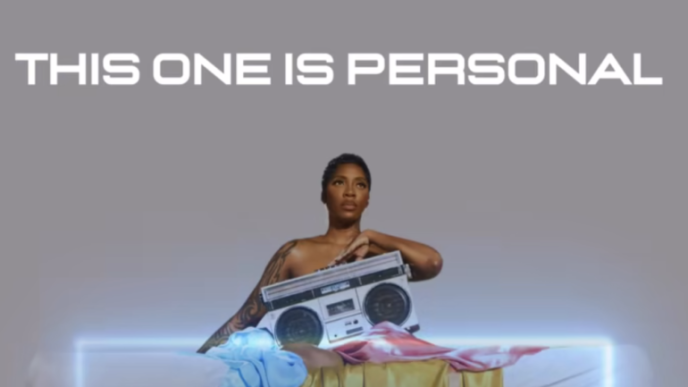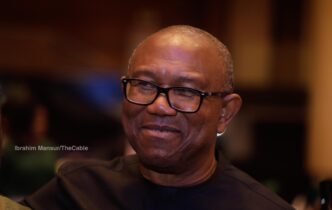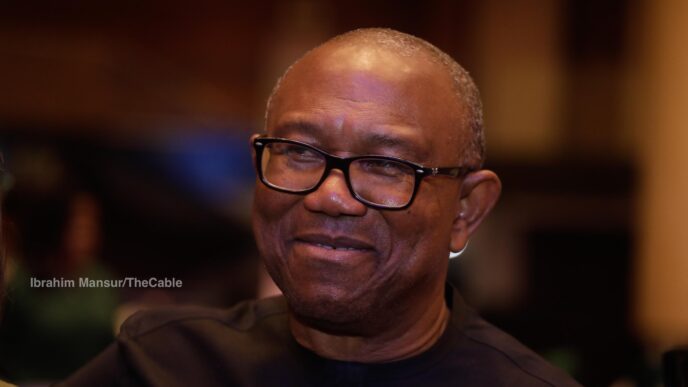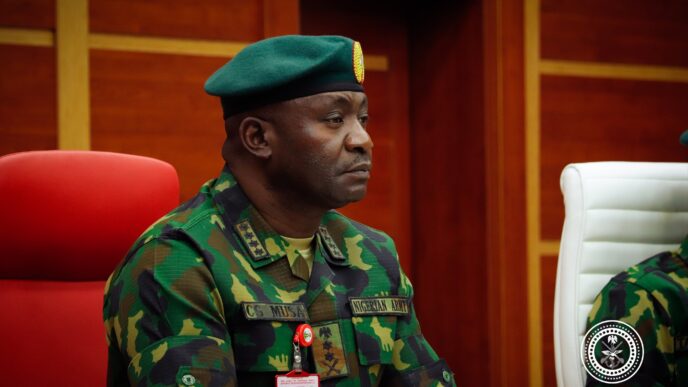BY NAZEER BABA
Imagine holding a Nigerian passport, a small green booklet meant to symbolise pride, identity, and the promise of opportunity. Now, imagine that same booklet priced beyond your reach. Effective September 1, 2025, the federal government has announced a hike in passport fees, from ₦50,000 to ₦100,000 for the 32-page booklet, and ₦200,000 for the 64-page version. This is not simply an administrative adjustment; it is a breach of the social contract. By turning a basic document of identity into an expensive luxury, the government has created a two-tiered system of citizenship that punishes the average Nigerian and obstructs their right to opportunity.
A passport is not a privilege for the wealthy; it is a right of citizenship, just like the national identification number slip and the voter’s card, which are provided free of charge because they are recognised as essential identifiers. Why, then, should the passport, which extends that same recognition to the global stage, be treated as a commodity?
The usual justification of “cost recovery” does not hold water. Essential state services should be subsidised to guarantee equal access, not turned into profit-making ventures at the expense of the people. The economic context makes this decision even more insensitive. Nigerians are already grappling with inflation, unemployment, and a rising cost of living.
Advertisement
The new 32-page passport now costs ₦100,000, which is more than the ₦70,000 minimum wage. A civil servant who works diligently for an entire month would still not be able to afford a single passport. When a passport costs more than a month’s salary, citizenship has been priced out of reach. This is not governance; it is punishment.
Government officials argue that the hike will “maintain quality and integrity” of the passport system. However, Nigerians are not asking for luxury printing or gold-plated covers; they are asking for access to a document that validates their identity and gives them mobility. Quality cannot be used as a mask for inequality. Hiking fees without service improvements is simply a way of monetising desperation. Nigeria’s passport is currently ranked 91st in global ranking, hence the need for the government to focus more on improving the outlook of the Nigerian passport overseas.
The irony becomes even more glaring when compared with the voter’s card. That document is distributed free of charge, delivered to electoral wards, and made as accessible as possible. The reason is simple: it benefits the political elite by ensuring mass participation in elections. The passport, however, offers no direct political benefit.
Advertisement
Instead, it empowers citizens to seek opportunity abroad, to level themselves in mobility and access with the very elite who govern them. That empowerment is seen not as a service to the state but as a threat. Your vote is free because they need you. Your passport is expensive because they fear you. This is not an accident of policy; it is a deliberate strategy of control. It reveals a government more concerned with revenue extraction than with service to its people.
A brief look at the recent past shows a troubling pattern, with the government having previously increased passport fees in August 2024. This latest hike, coming so soon after the last, signals a growing trend of using essential civic documents as a source of quick revenue rather than a fundamental right.
When compared to neighbouring nations, the policy becomes even more indefensible. In Kenya, a 34-page passport costs around ₦80,000 (Ksh. 7,550) on a 15,000 kenya shillings minimum wage, while in Ghana, the equivalent is approximately ₦46,900 naira (GHS 350.00), with a minimum wage of about GHS450.
These fees are a fraction of the cost in Nigeria, and the difference becomes even more stark when measured against the local minimum wage. While a Kenyan or Ghanaian citizen on a minimum wage can acquire a passport in a matter of days or weeks, a Nigerian citizen is faced with a cost that exceeds their monthly earnings, highlighting a severe and discriminatory financial burden.
Advertisement
The Nigerian passport should never be treated as a luxury item. It is a necessity in a globalised world and a symbol of national identity. To price it beyond the reach of ordinary citizens is to betray the very essence of governance, which is service, dignity, and protection of rights. What kind of nation are we building when we put a price tag on our citizens’ ability to seek a better life? What does patriotism mean if leaders measure it not by how they serve the vulnerable but by how much they can extract from them? True governance is not about profit; it is about fairness, opportunity, and respect for citizens.
Nazeer Baba can be contacted via [email protected]
Views expressed by contributors are strictly personal and not of TheCable.
